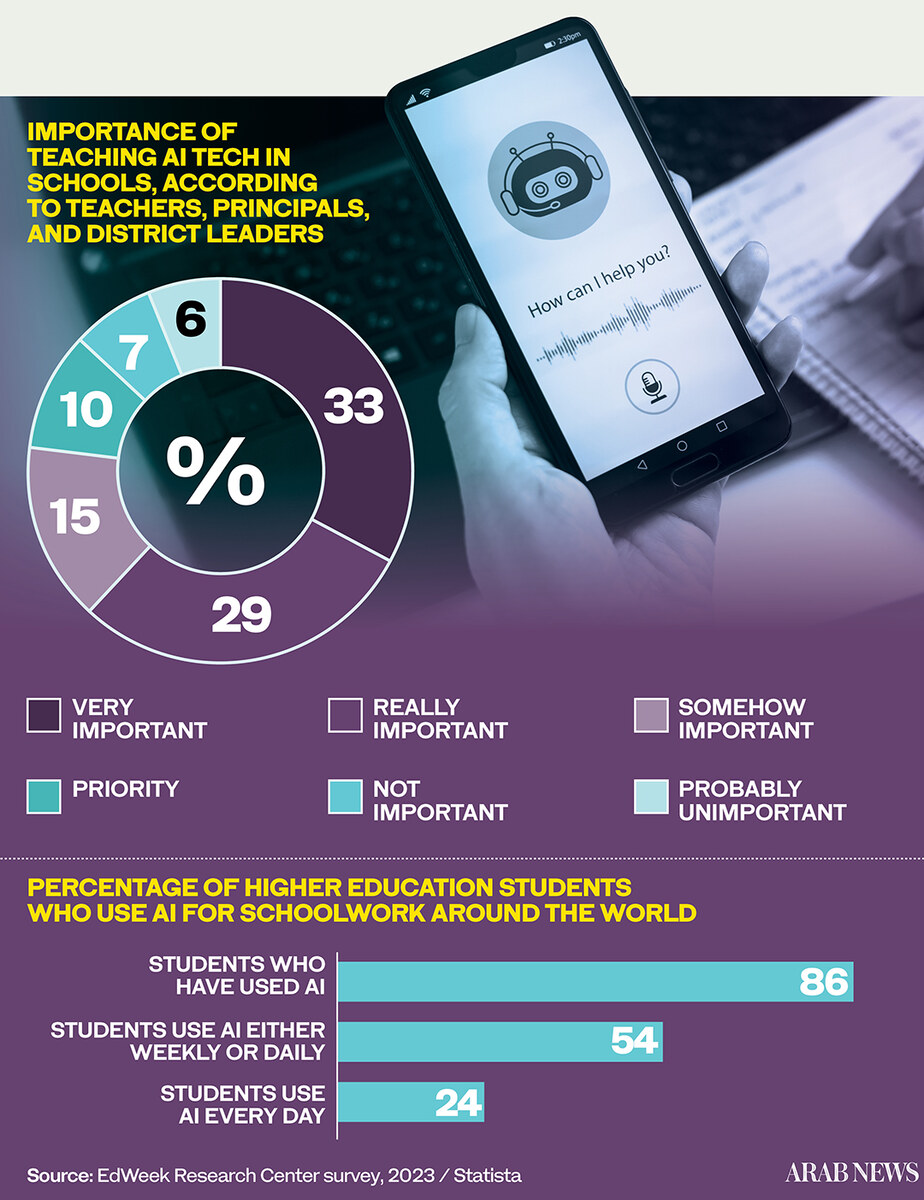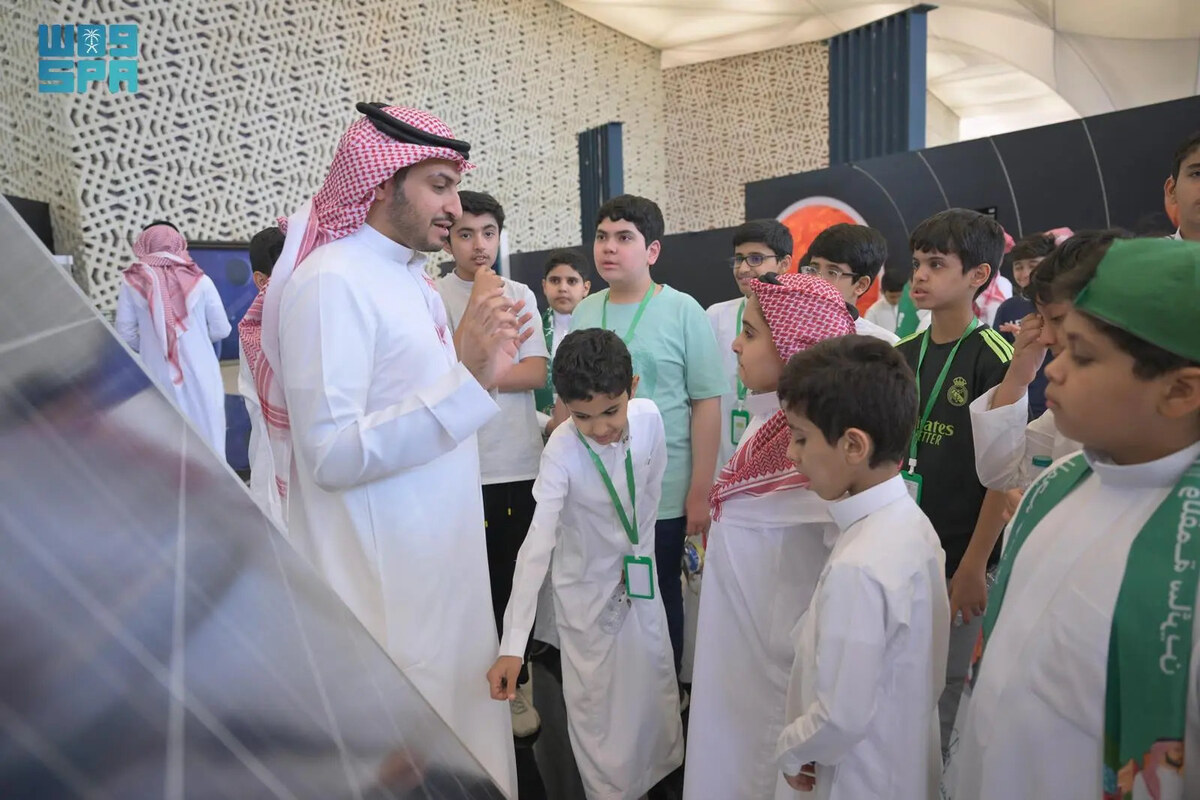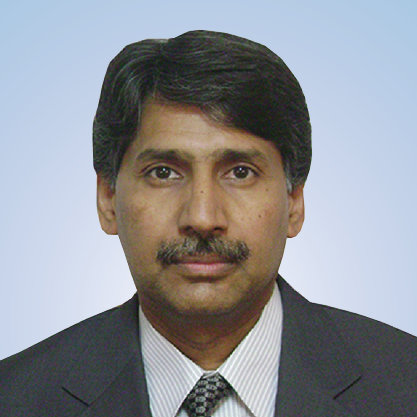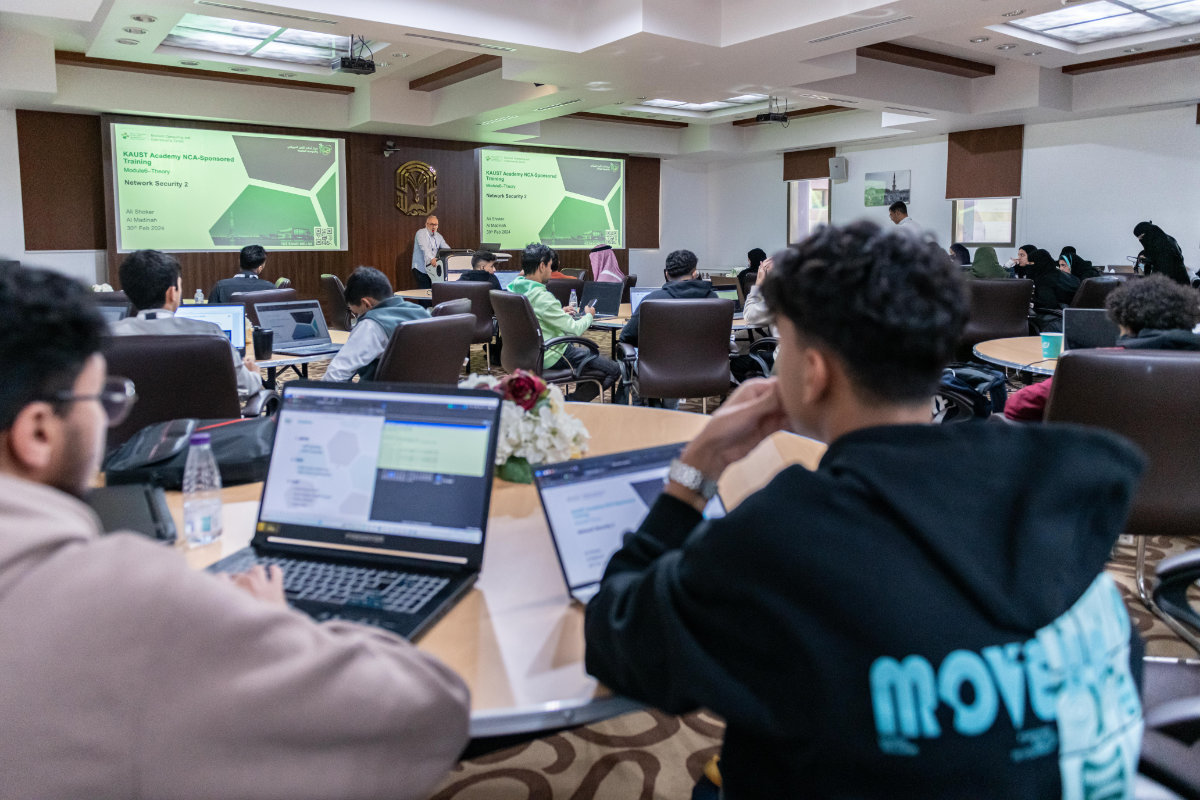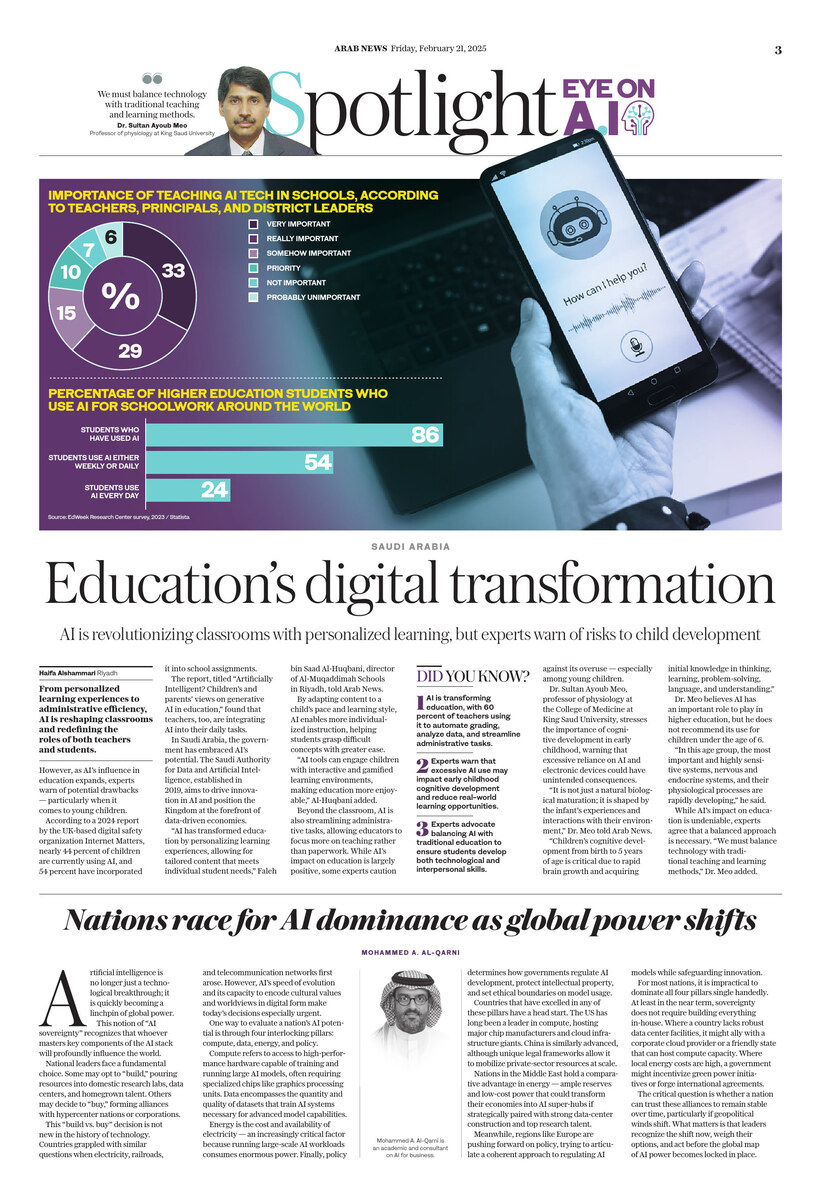RIYADH: Two days of talks in Riyadh are focused on several issues, including the world order, its challenges and opportunities, the regional politics of the Middle East, such as the Israeli-Palestinian conflict, and challenges of maritime security.
The talks, from May 19-20, are being hosted by the King Faisal Center for Research and Islamic Studies in partnership with Nizami Ganjavi International Center and the United Nations Alliance of Civilizations. The theme of the talks is “The Middle East in a Changing World: uncertainties, risks, and opportunities.”
“By having these kinds of sessions, we develop our own thinking,” Ismail Serageldin, co-chair of Nizami Ganjavi International Center, told Arab News.
“You hear one point of view and the counterpoint of view, and you weigh all of that, and these are all very influential people. They were all former presidents and prime ministers, and they had influence on their delegations of the countries there. And they may be able to mediate between different opinions when we have a more formal proposal coming up later,” he said.
Other topics of discussion include the urgency of global dialogue, climate change, economies in the Middle East, and the Middle East in the age of artificial intelligence.
“We hope to gather these insights for the summit of the future in the United Nations in September and then again in the COP29, in Baku in November,” Serageldin said.
Topics at the meeting will build on and further develop the actions decided at the sustainable development goals in September 2023 as well as the COP28 meeting in Dubai in December 2023.
Chairing the panel as keynote speakers were Prince Turki Al-Faisal, chairman of the King Faisal Center for Research and Islamic Studies, and Vaira Vike-Freiberga, co-chair of Nizami Ganjavi International Center and former president of Latvia.
Also attending were Deputy Minister of Foreign Affairs Waleed El-Khereiji, Miguel Angel Moratinos, the high representative for the UN Alliance of Civilizations, and Maria Fernanda Espinosa, president of the 73rd session of the UN General Assembly and former minister of foreign affairs and minister of defense of Ecuador.
Other participants on the panel included Ivo Josipovic, the former president of Croatia, Mladen Ivanic, former president of Bosnia and Herzegovina, Stefan Lofven, former prime minister of Sweden, Rosen Plevneliev, former president of Bulgaria, and Montenegro’s former minister of defense, Milica Pejanovic.
Discussing the list of high-level officials on the panel Serageldin said: “Many of them are former presidents, former prime ministers, who have had enormous international and national and regional experience. We want to develop insights in a framework that allows us to discuss, without the formality of official delegations presenting proposals and reacting to the proposals of another country. Global challenges require global responses.
“The first session discussed the new global order, not just how to deal with the problems of the Middle East,” Serageldin said.
Another speaker at the session, Volkan Bozkir, president of the 75th session of the UN General Assembly and former minister of EU affairs for Turkiye, said: “We must not only concentrate on Russia and Ukraine issues.
“There are horrible things happening in other parts of the world, like Sudan, there is famine, people are dying there, we must show our coordination to help those countries, there is a fight in the Latin American countries, drug lords are capturing societies,” Bozkir said.
He emphasized the need to go beyond the Russia-Ukraine conflict and jointly tackle other challenges around the world.
Plevneliev discussed the crises in Gaza and put a question to the meeting: “What happens on the day after in Gaza?”
He highlighted the importance of having a strategy for the future of Gaza, underlining the need for “sustainable solutions for peace.”
Shoura council member Huda bint Abdulrahman Al-Halisi discussed multilateralism and the need to bridge local and global.
“If we all agree that multilateralism is in crisis, we need to discover the root causes and the possible solutions,” she said. “We all agree that all countries have or should have an equal voice.
“We all want justice, we want development, we want peace, but we are not achieving this globally because there is a weakening of democracy around the world, we see that it is only right that we hold governments into account for not keeping to their commitments,” Al-Halisi said.
She called for the need to push for transparency and accountability, the rule of law, responsiveness, and inclusivity.
“We need to bridge the local with the global,” she said.
In an interview with Arab News, Serageldin emphasized the need to turn back to the UN.
“It was rightly said that the UN is the only institution that has global legitimacy. Everywhere in the world somebody recognizes the UN, but we all recognize that it is hampered, it is tied up, it can’t function,” he said.
“We need to find ways of reviving it (UN) and giving it the hope that we all have to bring to the task of global peace and security,” he said.
















